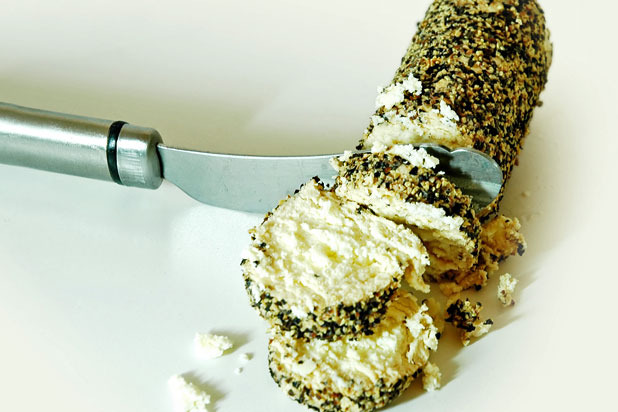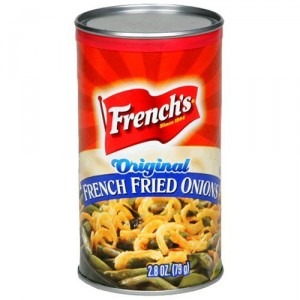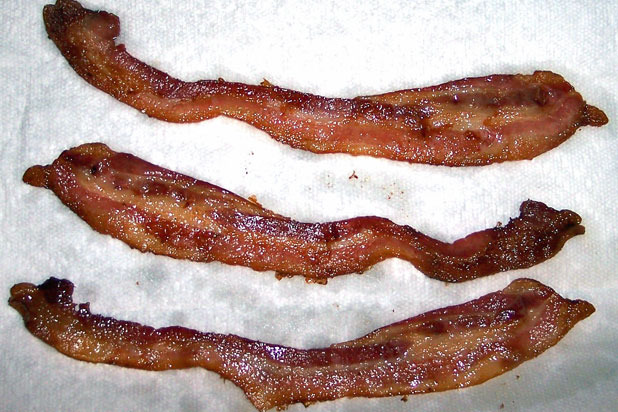10 Most Pointless Salad Ingredients Slideshow
It's good to have a lean protein like chicken in your salad, but getting breaded and fried chicken pieces may undo all that work you did on the treadmill. Choose grilled (skinless) chicken breast instead and you will shave off about 20 grams of fat and 100 calories.
Croutons
Delicious but unnecessary, a half cup of croutons can add almost 100 calories to your healthy salad. Use slivered almonds or chopped walnuts as a salad topping instead. Nuts contain fat as well but also protein, fiber, and many other health benefits.
Iceberg Lettuce
Greener types of lettuce like red leaf have more nutritional value, but to really get your vitamins' worth, opt for raw spinach. You'll get about 20% of your recommended folate plus vitamin C and potassium. Experiment with various greens like chicory, kale, or Swiss chard to vary your salads and round out the nutrient profile.
Onions, Cucumbers, Alfalfa Sprouts, Green Beans — Anything You ALWAYS Order in Your Salads
Sure, it's great to eat veggies like cukes, onions, sprouts or any fresh produce that you always add to your salad, but eating the same vegetables all the time means you may be missing out on some key nutrients that other vegetables beyond your horizons could be providing. Seek out new ingredients, for instance, instead of red onions, try spring onions or scallions, which offer fewer calories and much more nutrient-wise, including vitamin C, vitamin A, vitamin K, folate, and iron.
For that satisfying crunch of cucumber, add celery which is a diuretic and high in potassium and B6, a good energy-starter. Or add chopped raw zucchini — one cup has 35% of your vitamin C, 5% of your fiber and is a good source of omega-3s. Likewise, there's nothing unhealthy about green beans, but they're no superfood. Trade a cup of green beans (44 calories) with a cup broccoli (20 calories), and you'll get an ingredient that has fewer carbs, a lower glycemic index, and good anti-inflammatory properties. Even peas are a better source of fiber and protein.
Cheese
Sure, cheese can be a good source of protein, but to get that creamy texture and richness without the saturated fat and cholesterol, try sliced avocado.
Processed Toppings
Though a classic, the canned fried onion rings are a pretty pointless ingredient. At 22 calories per tablespoon, they are not going to do a huge amount of damage, but why add an ingredient like this when you can get the same savory taste from garlic chips lightly sauteed in olive oil? SnackSalad's Snapea Crisps sure don't look unhealthy, but even a half ounce is about 75 calories. Instead of a topping that looks like snow peas, add in the real thing!
Fat-Filled Salad Dressing
That looks like a great salad, but too bad the two tablespoons of blue cheese dressing added about 160 calories and 17 extra grams of fat — more calories and fat than that grilled chicken breast you wisely added. Even the Wish-Bone Fat Free version isn't a great choice since a small serving contains 12% of your daily recommended sodium. Remember dressing should be a seasoning for the salad, not an ingredient unto itself. Adding some olive oil and an acid like vinegar or lemon juice allows the fresh ingredients in your salad to shine, rather than drowning them out.
Chow Mein Noodles
Those yummy, crispy noodles are tempting but a mere half a cup is 130 calories and 5 grams of fat not to mention the lack of vitamins and minerals. For a savory topping try an ounce of toasted sesame seeds, low in cholesterol and high in calcium, iron, and fiber.
Corn
Even fresh and grilled, corn contains a whole lotta nothing, and the canned kind can be very high in sodium. For the same sweetness, try beets, either canned or grated raw, for a good source of fiber and folic acid. Even dried cranberries or grape halves are good substitutes with vitamin C and anti-oxidants.
Bacon and Bacon Bits
Need we say more? Whether real bacon or those imitation-bacon bits, the sodium and fat content are enough to throw off the scale. You can get salty crunchiness from a handful of pumpkin seeds, high in minerals like zinc, or sunflower seeds, which are a good source of folic acid.
